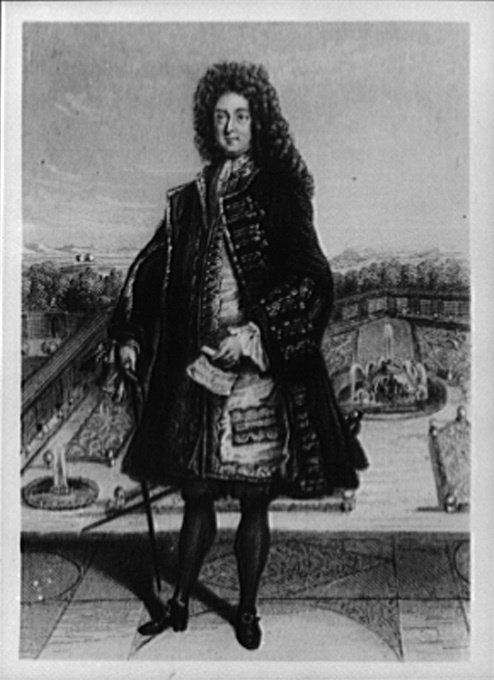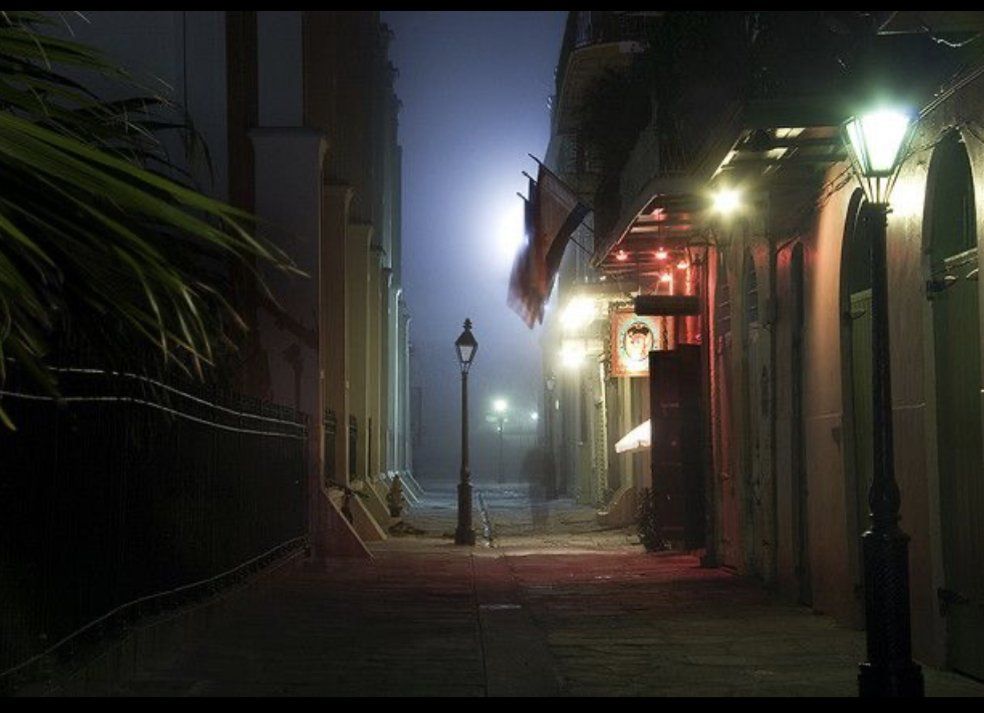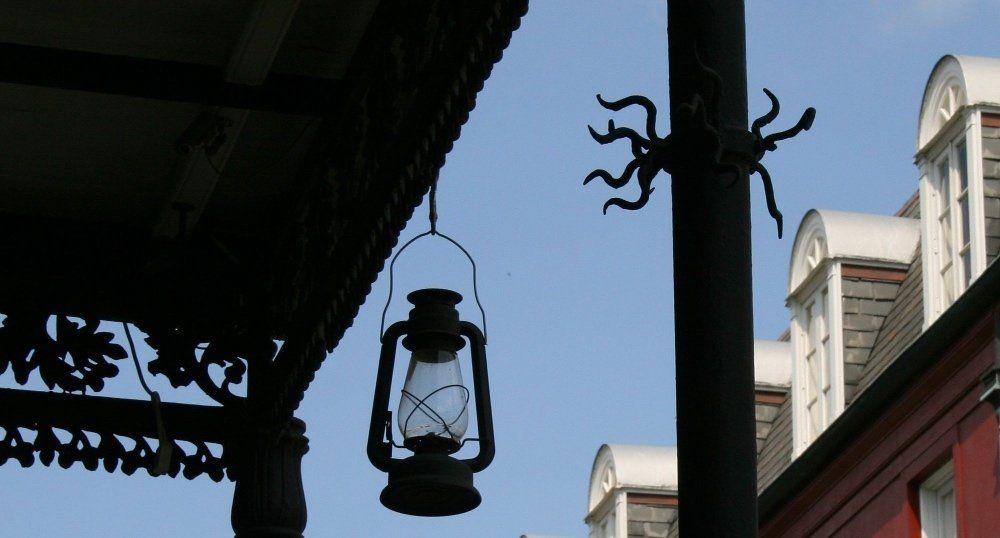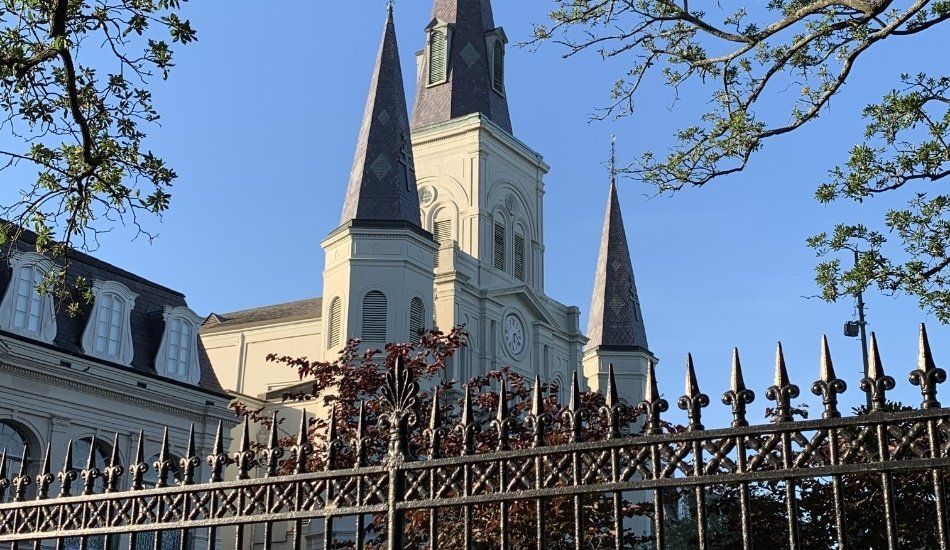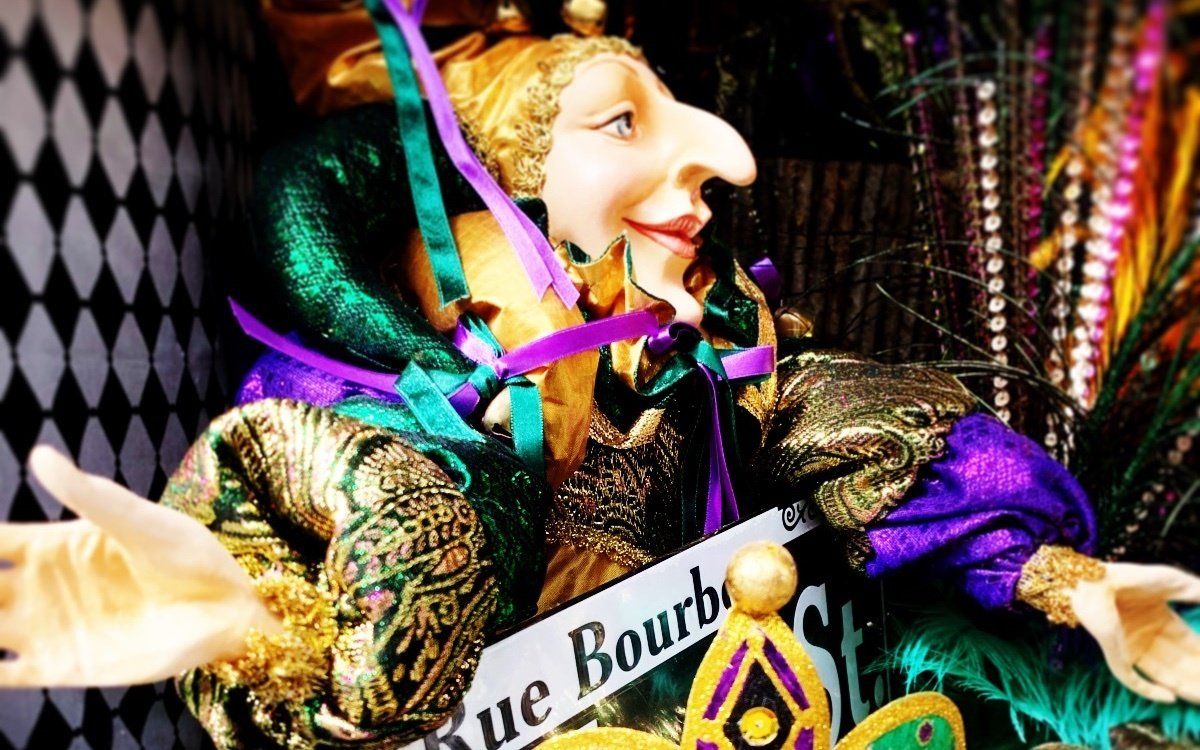John Law, September 1717
Royal Tours New Orleans • January 14, 2016
John Law, September 1717
John Law’s company of the West, popularly known as the Mississippi Company, obtained by Royal Grant control of the French province of Louisiana. There were almost no settlements in the region, which had been claimed for France by the explorer, LaSalle. Populated with fewer than 300 people, consisting of a garrison of 124 soldiers, a few priests, 28 women, and 25 children. The men, were mostly adventurers and frontiersmen who wandered into the province from Canada and Illinois, but the women, almost without exception, were deportees from the prisons and brothels of Paris.
The hardships of life did not change their manners and customs. A worried priest, suggested that sending away all of the immoral women would improve the culture of the province, Lamothe Cadillac, then the governor of Louisiana, replied, “If I send away all loose females, there will be no women left here at all, and this world would not suit the views of the King or the inclinations of the people.”
It was understood that he would import 6000 white settlers and 3000 slaves to the colony. Law’s authority over the enterprise allowed him to place himself and his representatives in almost every position of power in the colony. Law appointed John Baptiste Le Moyne, Sier de Bienville, as the governor and commander of the region. Bienville had played an important role in the early exploration of the area, having been in the area for 20 years. Bienville knew Louisiana quite well and started to suspect John Law efforts to be an elaborate scheme to portray Louisiana as having material riches it did not possess.
Bienville had repeatedly told his superiors in Paris that there was no gold or silver to mine in Louisiana. He also said the few pearls that were found in the Gulf of Mexico were worthless. Bienville urged the French government to abandon its search for riches and focus instead on the development of agriculture in the rich lands of the Mississippi Valley. They dismissed Bienville, instead wishing to believe Law’s promise of boundless wealth that the French were certain Louisiana had for them.
The value of shares in the Mississippi Company rose dramatically as Law's empire expanded. Investors from across France and Europe eagerly played in this new market. The weak spot in Law's scheme was his willingness to issue more bank notes to fund purchases of shares in the company. Stock prices began falling in January 1720 as some investors sold shares to turn gains into gold coin. But, by September 1721, share prices had crashed. The rise and fall of the Mississippi Company became known as the Mississippi Bubble.
To learn more about the fascinating history and the characters of New Orleans, please book our French Quarter History Tour. Call us at 504-507-8333 or email us to book your tour!
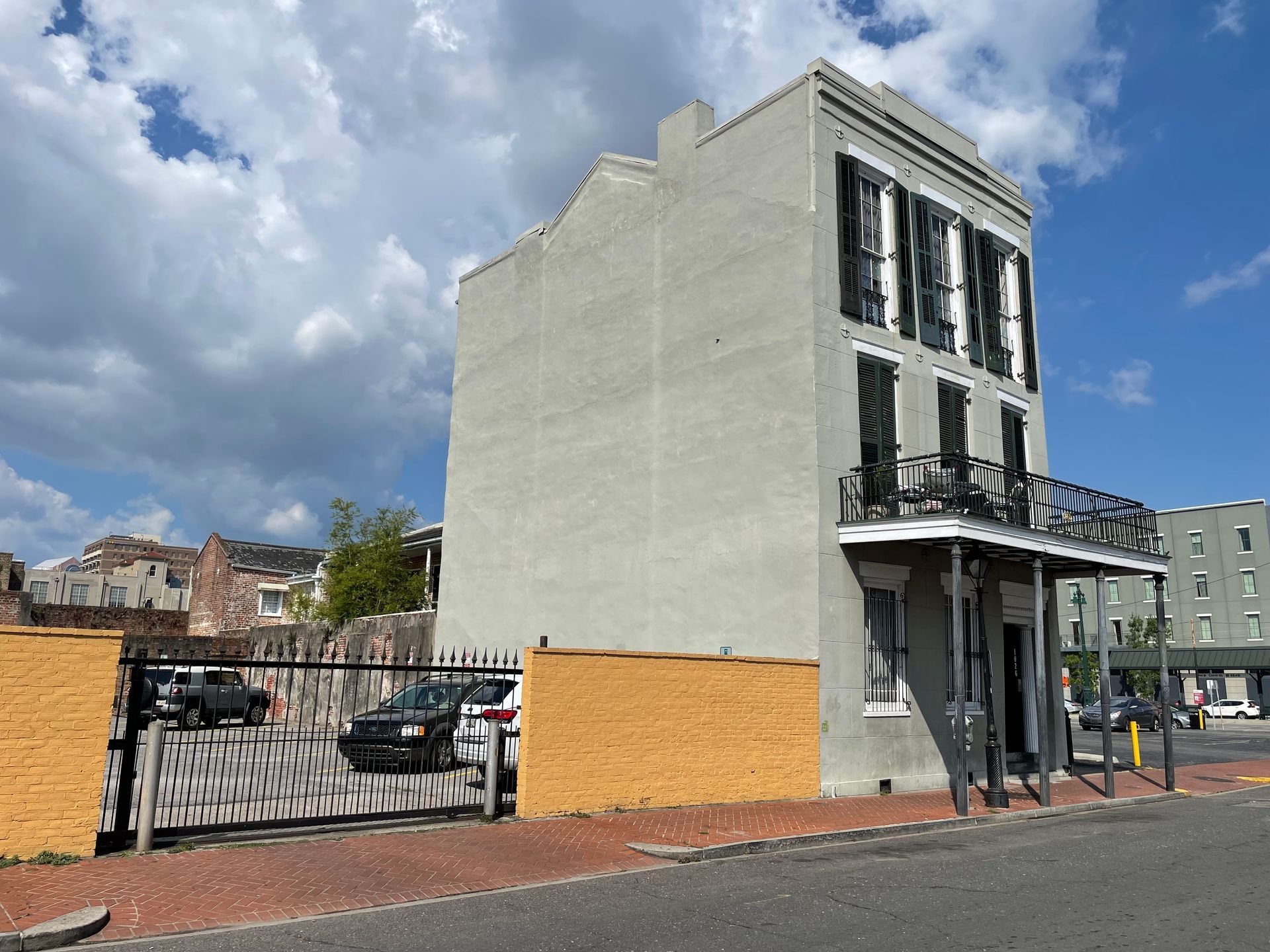
N orma Wallace, a name that evokes intrigue and fascination, was a prominent figure in New Orleans during the early and mid-20th century. As a powerful and resourceful madam, she operated a network of brothels that thrived despite the constant threat of law enforcement. Beginning in 1920, she would operate brothels for the next 45 years, a span that has not been beaten in the history of New Orleans.
